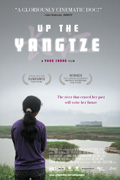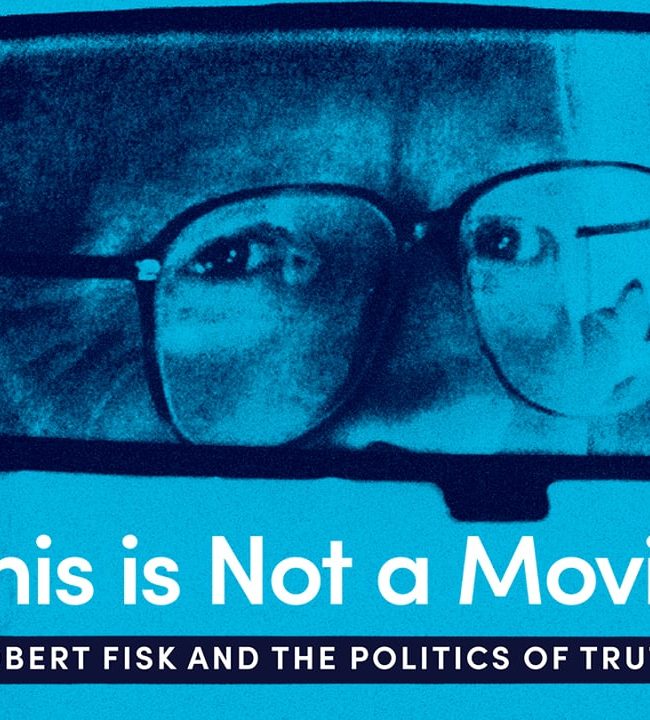 Some documentaries feel like they were more influenced by traditional narrative cinema than other works of non-fiction. Yung Chang’s devastating Up the Yangtze belongs to this specialized camp. In addition to being a powerful document of the literal drowning of China’s past by its rapidly developing present, Chang’s remarkably wise debut feature is also a heartbreaking portrait of the underprivileged in all their humble timidity.
Some documentaries feel like they were more influenced by traditional narrative cinema than other works of non-fiction. Yung Chang’s devastating Up the Yangtze belongs to this specialized camp. In addition to being a powerful document of the literal drowning of China’s past by its rapidly developing present, Chang’s remarkably wise debut feature is also a heartbreaking portrait of the underprivileged in all their humble timidity.
A project that rivals The Great Wall for sheer audacity of scope, the Three Gorges Dam is China’s bid to create the largest hydroelectric dam in the world along the Yangtze River. Part of this unfortunate process involves relocating millions of citizens whose homes, business, and communities no longer have a place in this newly formed land. Where there once was a home and a garden and a family, there is now a river. And on that river, there are now floating glittery boats deemed “farewell cruises,” filled with tourists who have come to admire these locations before they are gone. Chang’s inspiration for the film came when he himself was a passenger on one of these cruises, yet he knew that to tell this story completely, he had to take his camera off the boat and see it from every perspective.
While Chang threads and weaves his film in many different directions—history lesson, socioeconomic essay, time capsule—he establishes two characters early on that provide the film with its dramatic arc. Yu Shui is a shy 16-year-old whose parents are illiterate and poor. To relocate to a new world on higher ground, which they must do, they need money, but since they are unemployable, it is up to their daughter to take a job on one of these boats. The scenes in which these decisions are made and Yu Shui (now renamed “Cindy”) struggles to assimilate into her new job are excruciating in their intimacy. Yu Shui walks with a heavy slouch that is a direct result of having to carry such an impossibly heavy burden. Yet compare her slouch to the arrogant gait of pampered only child Chen Bo Yu (“Jerry”), whose life has been a worried-free breeze. The contrast is astounding.
It is a great credit to the Chinese-Canadian Chang that his film remains human and personal even when he is showing the more troubling aspects of this economic progress. His imagery of abandoned towns says more than a redundant voice-over ever could (when he does use voice-over, it is to make more poetic points in connection with his Chinese grandfather). A shot of Yu Shui’s father carrying an enormous dresser on his back to higher ground speaks volumes about this tragic predicament. Like a seasoned veteran, Chang lets his images do the talking. In taking this approach, his film speaks on innumerable levels.
In one of the film’s seemingly inconsequential sidetracks, a merchant begins to speak with ambivalence about the relocation process. He points to people who are arguing outside about it, and it appears that he no longer cares. But within moments, he’s crying and shouting into the camera, and we realize just how deep-seated and wide-ranging the effects of this project are. Yet somehow, through all of this, Up the Yangtze never feels like an angry diatribe or an irrational lament for a simpler, more innocent time. Chang seems to understand that progress is inevitable. It’s a fact of life. That he has been able to preserve this particular moment in time is enough to give viewers a teardrop of hope.
— Michael Tully












Pingback: Hammer to Nail » Blog Archive » LAST TRAIN HOME – Globalization Hurts Home